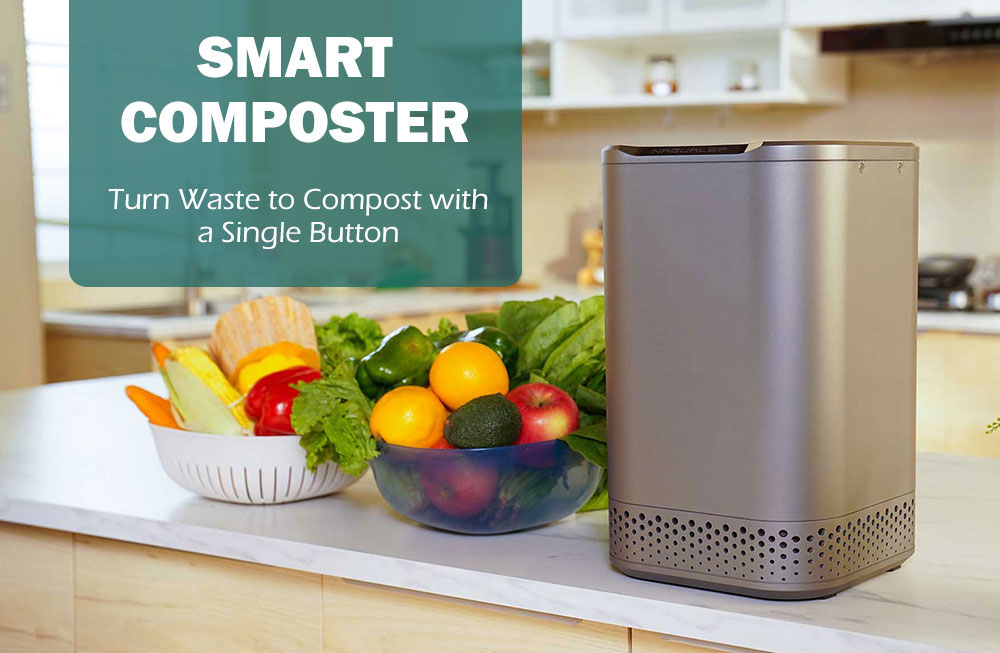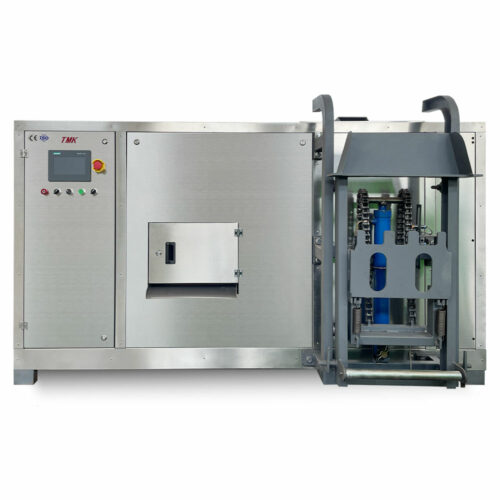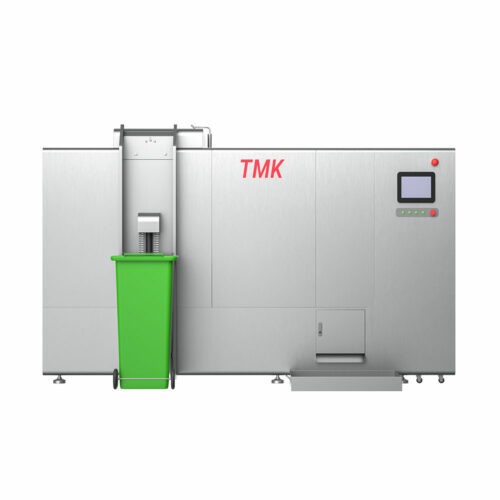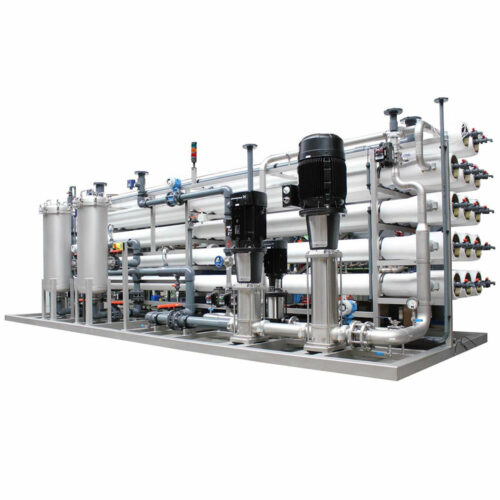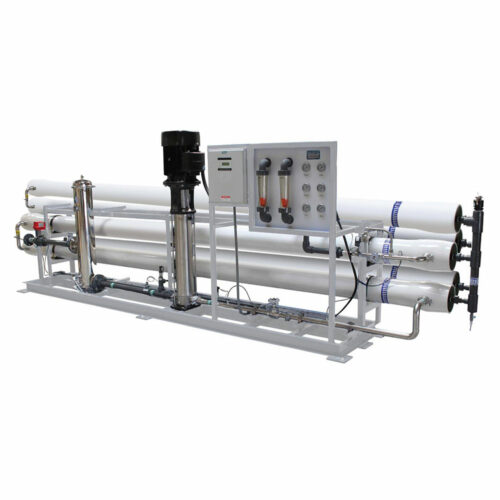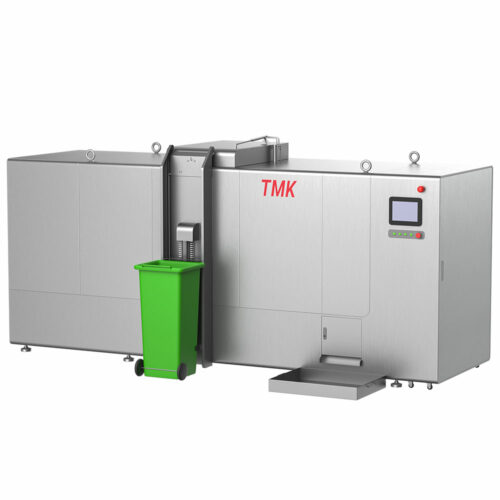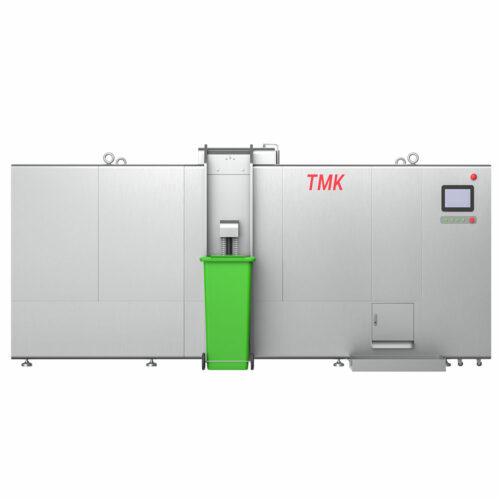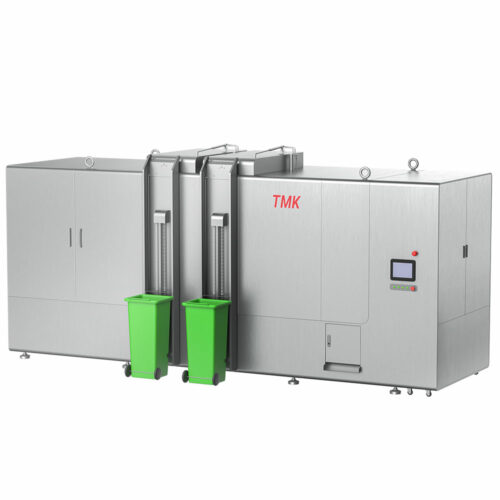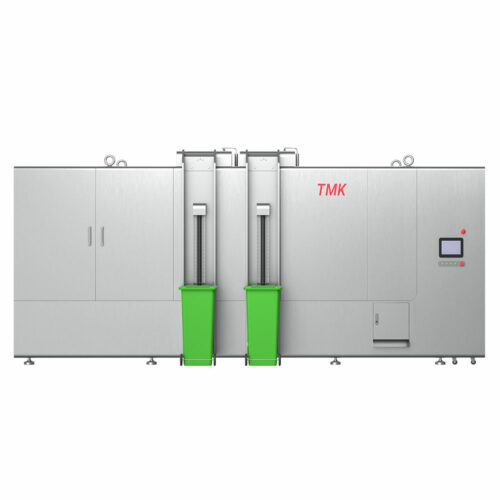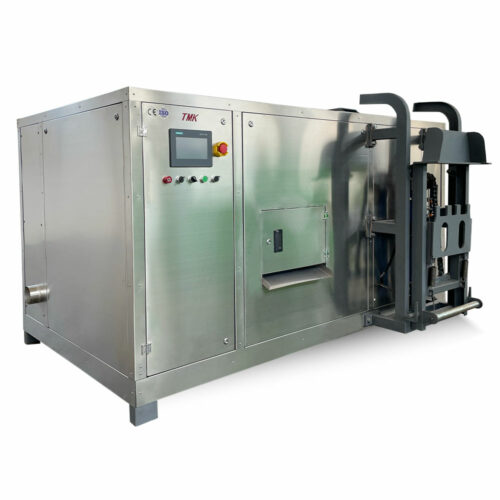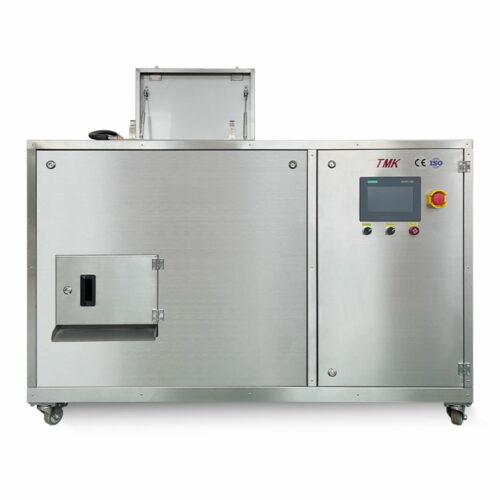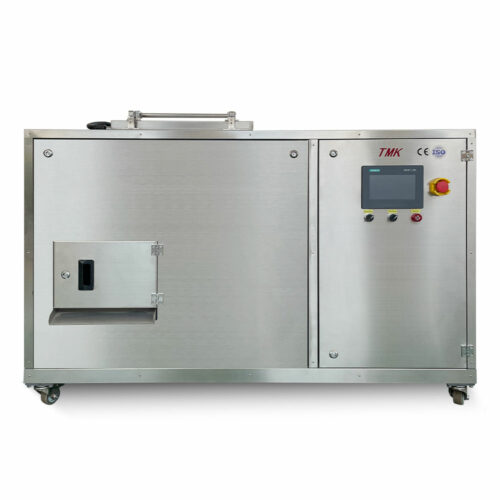Composting is one of the most effective ways to minimize food waste, which accounts for 30% of what is thrown away by the average household and contributes 10% of global carbon emissions. In fact, once you start composting, you will be shocked about how much of your trash is food scraps, expired/old veggies, and unwanted meals. Composting is the ideal solution to dealing with food waste. You are helping to divert waste from landfills and you are recycling food scraps and other organic materials into a nutrient-rich fertilizer that can be used in gardens. Now, you may be thinking: how can we compost in an urban jungle? We’re here to help out with this guide to composting in the city.
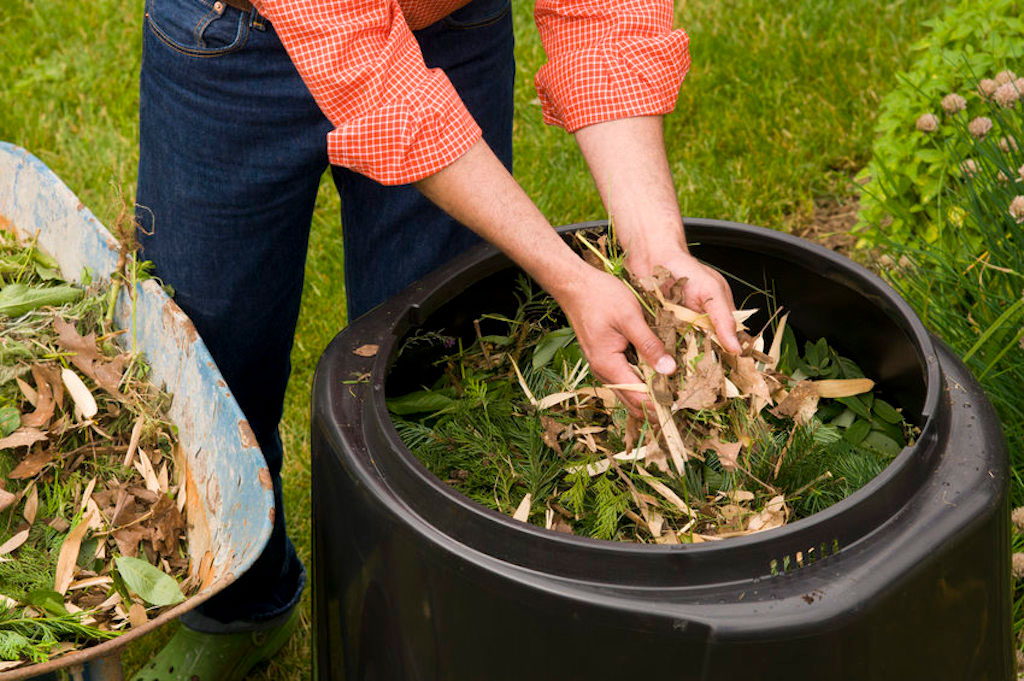
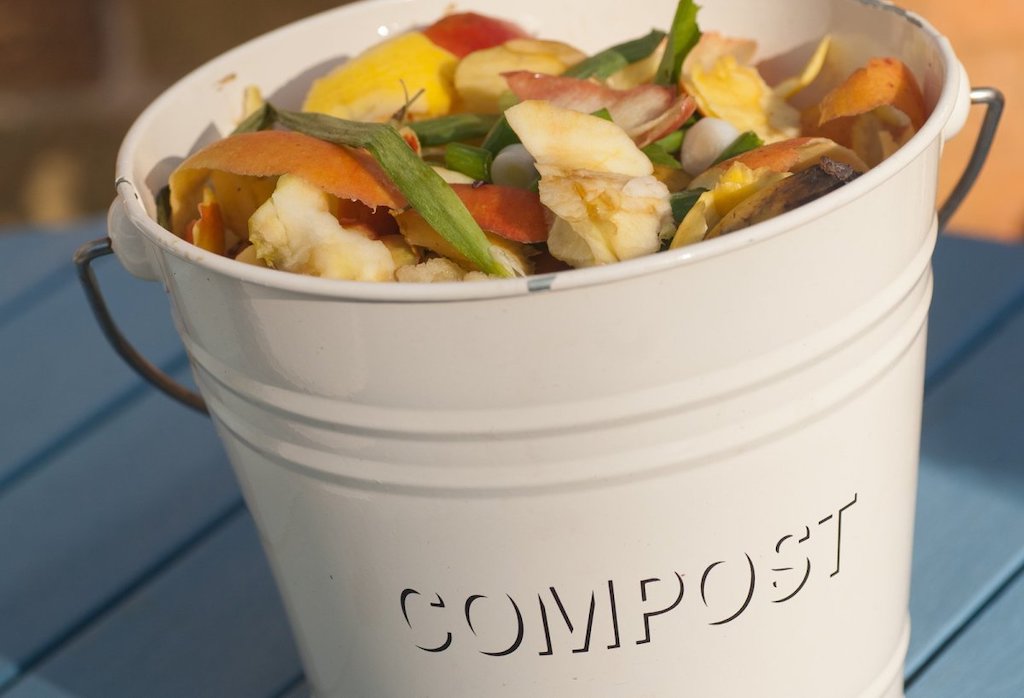
Home Composting Bin
Commercial Composter
Environmental Equipment
Commercial Composter
Commercial Composter
Commercial Composter
Commercial Composter
Commercial Composter
Commercial Composter

